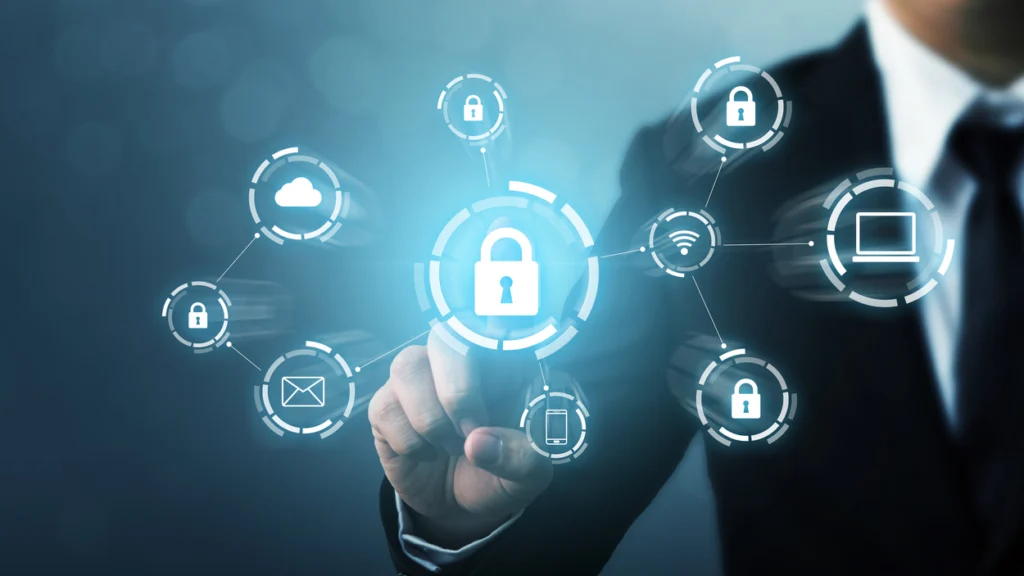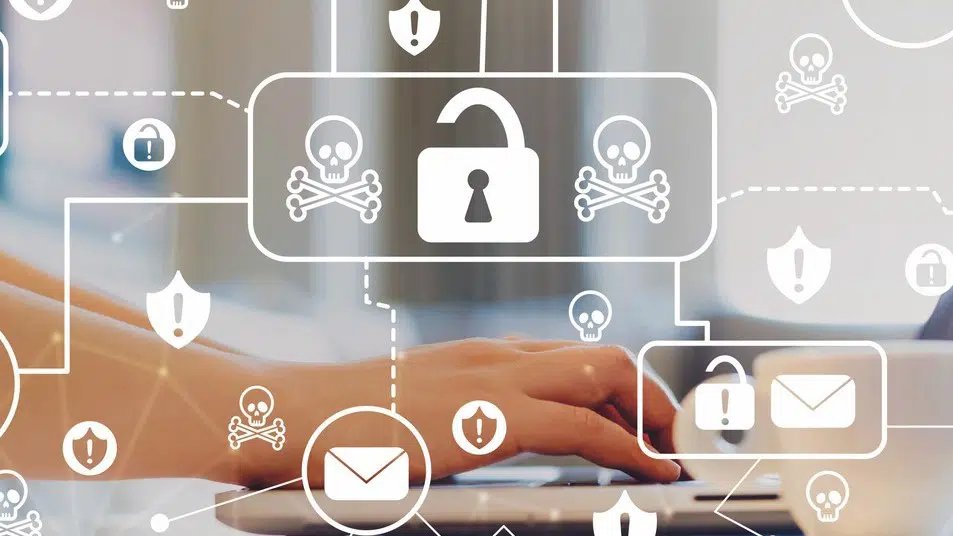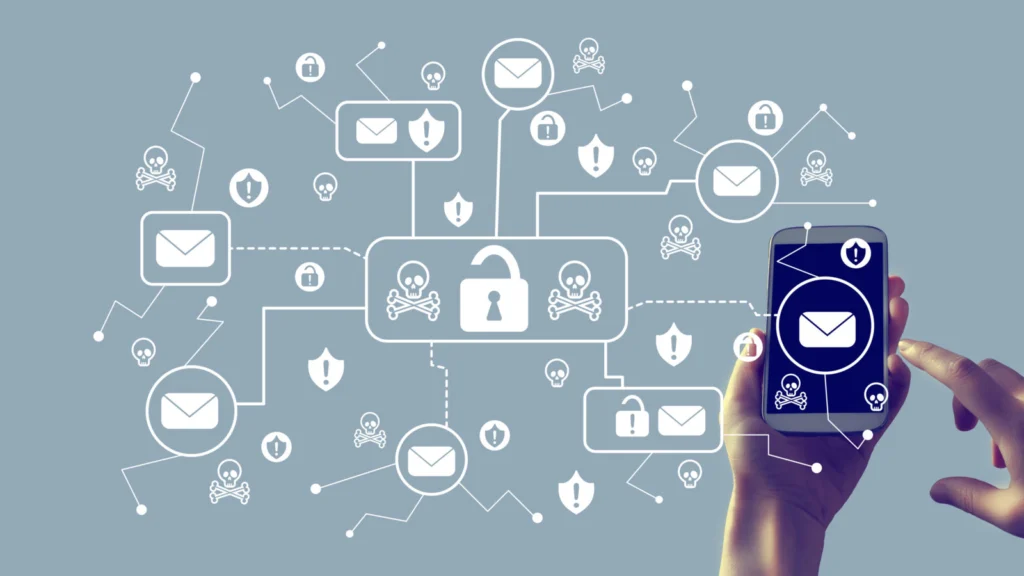In a previous blog post, we talked about the dangers of purchasing pharmaceuticals on the internet. Our efforts to stop the sale of counterfeit pharmaceuticals typically focus on the online sellers who are, how shall we say, of less-than-reputable character. These are sellers who are not licensed or authorized to disperse pharmaceuticals. And, sellers who never in the course of the transaction, ask for verification of a prescription.
As counterfeiters grow in number and sophistication, research-based pharmaceutical companies are committed to supporting anti-counterfeiting efforts in any way they can. These companies realize the detrimental effects counterfeit pharmaceuticals can have not only on the health of individuals, but on the economy as well. Counterfeit sellers don’t always take full advantage of the research and development expenses incurred by the legitimate pharmaceutical manufacturers. In reality, all they have to do is duplicate the appearance of the product, not its effectiveness. This puts consumer health further at risk.
And this is where IPS comes into play.
We work closely with pharma companies to help them combat the sale of counterfeit pharmaceuticals. We do this by conducting TPs (test purchases) from suspicious online sellers. These TPs are used to identify the seller, track the product source, and obtain samples of the product to conduct lab analyses. Our TPs can be broken down into three main parts: the hunt, the purchase, and the report.
The Hunt
The hunt consists of an investigator searching for online advertisements of a specific pharmaceutical. This can be challenging at times. Not just because sellers can be inconspicuous with their sale, but also because some ads are a flat-out scam designed with one thing in mind – to take your money and run.
Scams
Generally, our experience has shown that if the target is located in Cambodia – stay away. Those sellers will typically offer you any drug-related product under the sun. They will take your payment then reach out to you 1-2 weeks after the purchase to request more money. They will explain that the package has been intercepted and money needs to be paid for its release. This is, of course, bogus. More than likely, the package was never sent out in the first place.
We’ve even seen situations where the seller provides a fake tracking number that links to a site designed to look like an actual tracking website. This fake site indicates where the package is “located.” In truth, the website is rarely affiliated with any reputable shipping company. These sellers are usually fairly easy to spot. Typically, they can be identified by the stock they offer. Remember, they will offer anything and everything drug-related in their advertisements. And their stock is usually laid out on the advertisement with lines or dots extending across from the product to the price of the item.

Aside from the occasional scammer, hunting for sellers is typically productive. We utilize a few different keywords to run searches across many of the major online marketplaces. These keywords could be the product name itself or its street name. Sometimes, we even have luck just searching for the dosage amount. Prior to making the purchase, our investigators will run some cursory background checks on the information from the advertisement such as phone numbers, emails, websites, etc. Then we put together an initial analysis for our client. Once the client gives permission to proceed with the purchase, we rapidly move onto our next phase.
The Purchase
The purchase is fairly straightforward. However, where IPS really shines is our use of undercover profiles and the creativity of our investigators. Sometimes, purchases have to be stalled. And sometimes our investigators need to retrieve more information from the targets. This can call for some rather quick-on-your-feet thinking.
After the purchase has been made, we make it a habit of asking for a tracking number. A valid tracking number goes a long way to verify a legitimate sale. And its a fairly common ask in this type of purchase because, let’s face it, no one wants to be made a sucker by a scammer. Sellers typically do not have an issue with providing a tracking number if they’re legitimate.
The Report
The report may be the most important part. For every TP conducted, our investigators draft a litigation-ready report. The report includes what was purchased, who was paid, a narrative that establishes the timeline of events, any information found during the course of the purchase, and any additional research performed.
While next steps are ultimately up to our clients, the comprehensive report can be used to help build a civil case against the seller. The report can also be handed off to law enforcement for criminal enforcement.
Test purchases are an important part of evidence collection for any company seeking to protect their IPR and brand reputation.
If you’re looking for licensed investigators to conduct TPs for your company, please contact us. We’ll work with you and your counsel to stop the sale of counterfeit products affecting your brand.

written by
Josh Bargar
July 9, 2019
Stay informed with industry-relevant emails curated by our team of experts.
We send out emails once or twice a month relating to IP Services, industry news, and events we'll be attending so you can meet our experts in person.

Josh Bargar
Josh Bargar is a seasoned investigator who uses his talents to put away the bad guys. Over a decade ago, he graduated with a B.A. in Criminal Justice and was on-boarded at IPS as a fraud prevention analyst. Josh decided to move into the realm of brand protection where he continues to fight online crime and recently received his Master's in Project Management. His taco making skills are also outstanding.



